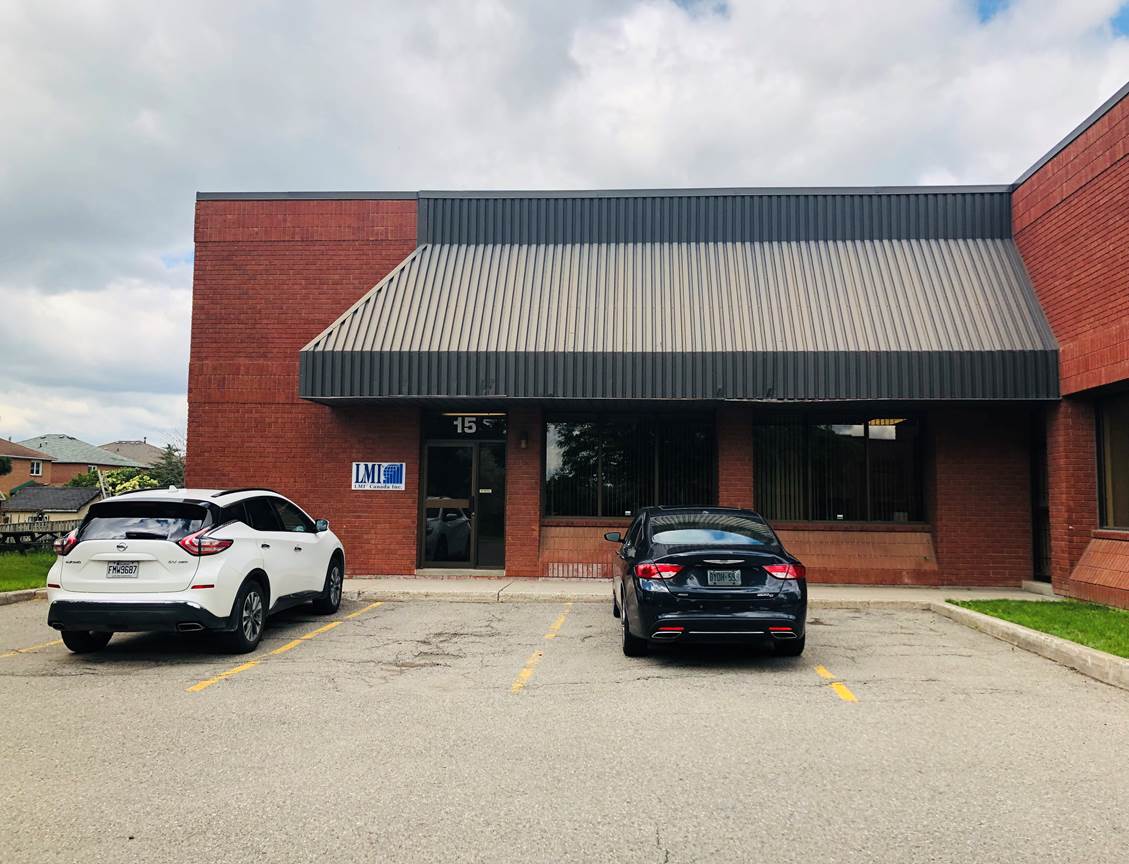
The most productive individuals are those who master the art of taking care of emergency situations, unexpected and unplanned, that require immediate attention to prevent serious consequences. “Fire fighting” is the usual term for handling a crisis. “Fire
fighting” ranges from such relatively simple problems as soothing an unhappy customer to solving a major emergency production or personnel problem.
When a crisis occurs, minimize lost time by following these suggestions:
• Stay calm. The existence of a crisis implies that something is out of normal control. If, in addition, you lose control of your emotions, it becomes difficult to make rational decisions that meet the needs of the moment. Tell yourself, “I’ve solved
harder problems under pressure. I can solve this one, too.” Your calm, matter-of-fact acceptance of the situation and the assumption that it can be handled keep both you and other people calm and able to bring the situation back under control.
• Isolate the major consideration. When a crisis arises, something will probably be lost as a result of the situation – either time, money, or materials. Decide what loss can be tolerated and what loss must be avoided. Isolate the root problem so you
can immediately respond to the real issue. Your objective is to solve the problem and regain control without a critical loss.
• Return conditions to normal as soon as possible. The objective in crisis management is to take personal charge of the situation for only as long as you are needed. Make the suggestion, take the action, give the instruction, and then step out; let
the person who is normally in charge complete the job. Offer only the necessary help and trust your people to carry through.
• Learn something from each crisis. The handling of each crisis situation should make a direct contribution to future crisis prevention. After the excitement is over and the situation has returned to normal, hold a debriefing session to discuss the crisis with those involved to determine how a similar emergency can be avoided in the future. Make this a training opportunity and a planning experience – not a “place-the blame” session. The more all team members learn about crisis management, the more capable they will be to handle future emergencies and the less you will be required to become involved yourself.



 Frank Kreze is the President of LMI Canada which is the Mississauga, Ontario operations head office for the parent company, Leadership Management International. Since joining in 1999 he has operated one of the top performing business units for Leadership and Management development in Canada. His accomplishments include many International awards such as Leadership Counsel and Motivator of the Year.
His clients have equally been recognized with some prestigious National and International LMI Awards in corporate achievement. These awards recognize outstanding business sales growth, profit gain, cost reduction and quality improvements. Further these awards also recognize goal achievements in the leaders personal lives.
Prior to LMI, Frank graduated in Aerospace and Industrial Engineering and was involved in numerous senior executive positions. Frank has over 30 years of practical experience in aerospace, operations, manufacturing, auditing international project management, including product integration of complex systems.
Today, Frank and the network of LMI Canada certified partners continue to serve people and business needs by developing people and organizations to their full potential.
To contact Frank Kreze please call 905-890-0504 or email
Frank Kreze is the President of LMI Canada which is the Mississauga, Ontario operations head office for the parent company, Leadership Management International. Since joining in 1999 he has operated one of the top performing business units for Leadership and Management development in Canada. His accomplishments include many International awards such as Leadership Counsel and Motivator of the Year.
His clients have equally been recognized with some prestigious National and International LMI Awards in corporate achievement. These awards recognize outstanding business sales growth, profit gain, cost reduction and quality improvements. Further these awards also recognize goal achievements in the leaders personal lives.
Prior to LMI, Frank graduated in Aerospace and Industrial Engineering and was involved in numerous senior executive positions. Frank has over 30 years of practical experience in aerospace, operations, manufacturing, auditing international project management, including product integration of complex systems.
Today, Frank and the network of LMI Canada certified partners continue to serve people and business needs by developing people and organizations to their full potential.
To contact Frank Kreze please call 905-890-0504 or email  Preeti Raj is driven by a deep desire to provide organizations and executive teams assistance in professional and organizational development along with strategic planning.
Preeti, a graduate B.A. from York University and a Certified General Accountant professional, thrives on working with executives and business leaders of successful companies. She enjoys helping companies executives identify their performance objectives and assist them in developing a dynamic plan for attainment using the LMI suite of Executive and Management tools.
Preeti began her career as a public accountant and has gained numerous business skills working with a diverse business sector. These skills successfully enhance her current role as a business and personal development coach with LMI Canada.
Preeti is a self-confident and an enthusiastic businesswoman who is dedicated to facilitating people to their full potential and specializes in results driven measurable bottom-line improvement utilizing the untapped potential of people within companies.
Her passion and interests include her family, sailing, reading and cooking.
To contact Preeti Raj please contact 416-888-4846 or email
Preeti Raj is driven by a deep desire to provide organizations and executive teams assistance in professional and organizational development along with strategic planning.
Preeti, a graduate B.A. from York University and a Certified General Accountant professional, thrives on working with executives and business leaders of successful companies. She enjoys helping companies executives identify their performance objectives and assist them in developing a dynamic plan for attainment using the LMI suite of Executive and Management tools.
Preeti began her career as a public accountant and has gained numerous business skills working with a diverse business sector. These skills successfully enhance her current role as a business and personal development coach with LMI Canada.
Preeti is a self-confident and an enthusiastic businesswoman who is dedicated to facilitating people to their full potential and specializes in results driven measurable bottom-line improvement utilizing the untapped potential of people within companies.
Her passion and interests include her family, sailing, reading and cooking.
To contact Preeti Raj please contact 416-888-4846 or email 

.jpg) Profile Evaluation System (PES)® - Report Request
Profile Evaluation System (PES)® - Report Request Development Needs Inventory (DNI TM)
Development Needs Inventory (DNI TM)